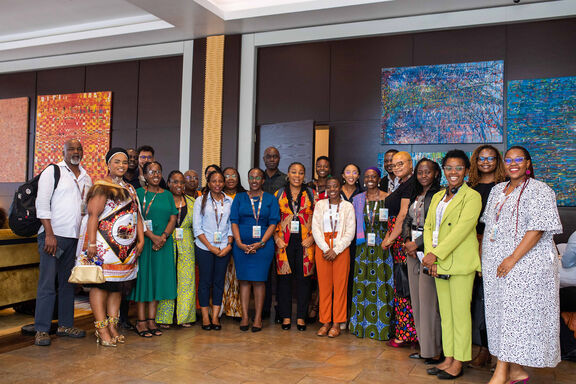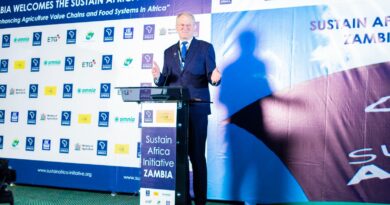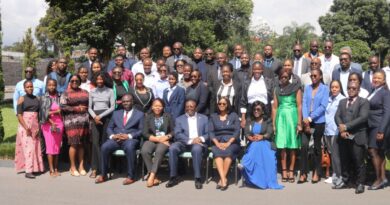JCTR Amplifies Zambia’s Debt Justice Concerns at AfCoDD V in Accra
The Jesuit Centre for Theological Reflection (JCTR) has joined continental voices at the Fifth African Conference on Debt and Development (AfCoDD V), held last week in Accra, Ghana.
The high-level gathering was convened by the African Forum and Network on Debt and Development (AFRODAD) under the theme “Africa’s Debt Crisis: A Reparations and Reparative Justice Framework Analysis.”
The theme underscored how Africa’s historic injustices – from the Trans-Atlantic Slave Trade and colonial exploitation, to apartheid and present-day extractive systems – continue to shape the continent’s economic struggles.
The conference noted that debt remains one of Africa’s most pressing obstacles to growth. With a significant share of national budgets consumed by debt servicing, many countries are left with fewer resources for healthcare, education, infrastructure, and job creation. Furthermore, restrictive loan conditions and austerity measures tied to international lending continue to erode sovereignty and deepen poverty.
In Zambia, the debt crisis has reached critical levels, with external debt climbing close to US$29 billion – more than 60 per cent of GDP. The nation was the first in Africa to default during the COVID-19 pandemic in 2020. Although restructuring has since offered partial relief, delays with regional creditors have slowed progress.
The result is that resources which could have strengthened healthcare, education, agriculture, and job creation are being channelled into debt repayments. This has intensified inequality, inflation, and austerity, leaving ordinary citizens to shoulder the heaviest burden. Calls for fairer frameworks and debt cancellation remain urgent.
At the conference, JCTR shared insights from its research and engagement with local communities, bringing Zambians’ lived experiences of debt distress into continental discussions. It also underscored the moral and theological dimensions of debt, stressing that these are not merely financial concerns but issues of human dignity, justice, and equity.
JCTR argued that any sustainable solution must be people-centred, prioritising social well-being over extractive financial systems.
By participating in AfCoDD V, JCTR has strengthened its regional advocacy network and reaffirmed its call for ethical and inclusive debt solutions. The organisation emphasised that economic frameworks must serve the common good, enabling Zambia and Africa to pursue sustainable development and protect the dignity of their citizens.



